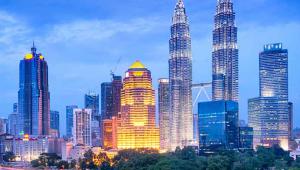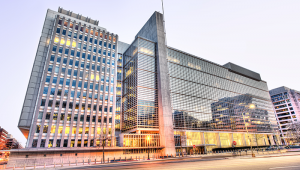The Thai economy is projected to grow by 3.8% this year and 3.9% in 2020 amid a global slowdown in growth and trade tension, according to the World Bank’s Thailand Economic Monitor, released yesterday.
It highlighted that investing in ‘human capital’ – the skills of people and public services to support citizens – and economic reforms were “critically important” for the country to become a high-income nation.
Thailand became an upper-middle income economy in 2011, after decades of social and economic development. With continued efforts to improve the public sector and education, Thailand could move to high-income status, the World Bank said.
Birgit Hansl, World Bank country manager for Thailand, said: “Sustaining the pace and quality of structural reforms will be crucial for reducing poverty and raising Thailand’s long-term growth path above 4% in the face of demographic challenges caused by rapid aging.
“To build a better future for all Thais, an emphasis on human capital investment is key. Addressing priority areas in education and health can go a long way in equalising opportunities for the next generation.”
The bank said Thailand should prioritise addressing the challenges faced by small schools, to ensure poor students get a quality education, by improving school-based management and public education expenditure.
It also said the government should focus on health services, which could help increase Thailand’s adult survival rate from non-communicable diseases and road traffic injuries, which is lower than half the average global rate.
Despite external shocks to trade and tourism, the Thai economy is estimated to have grown by 4.1% in 2018.







